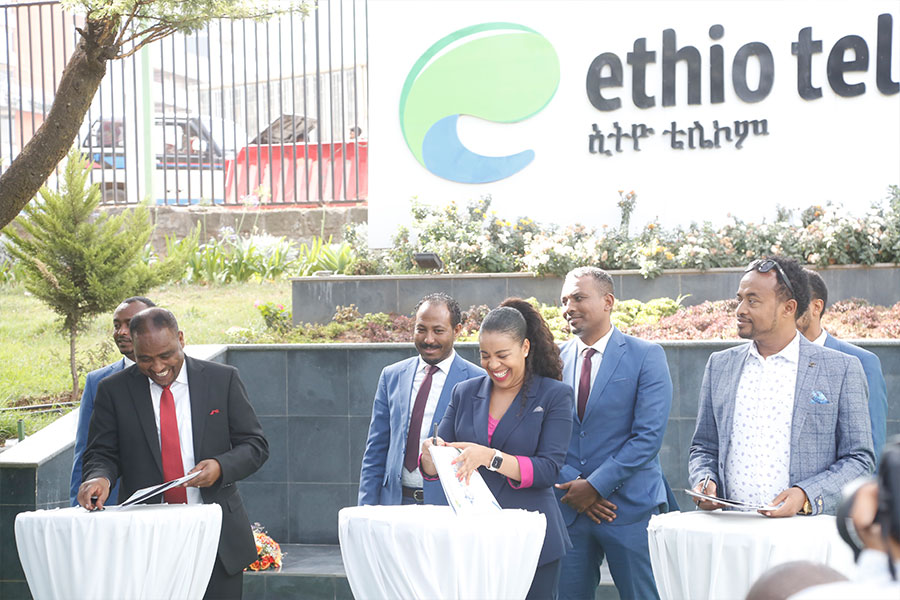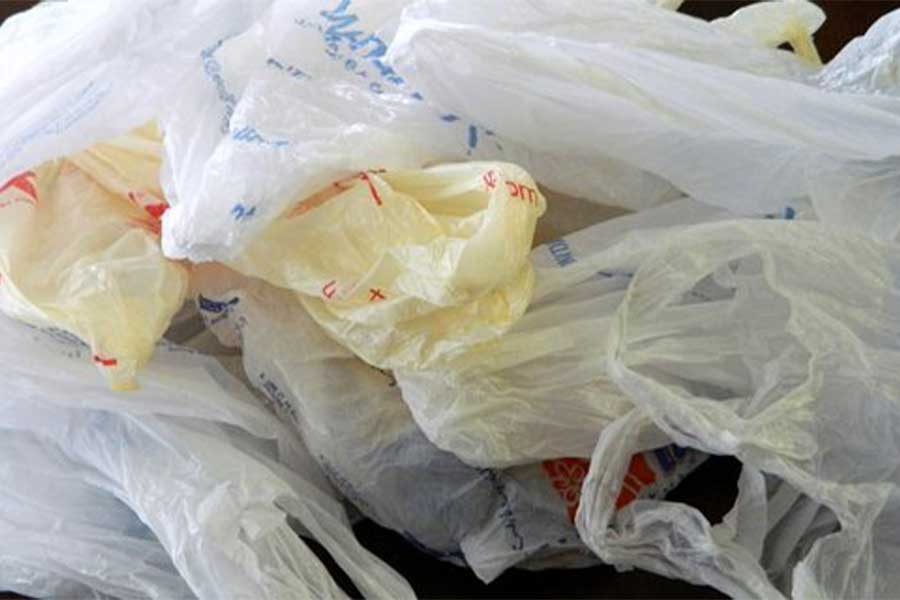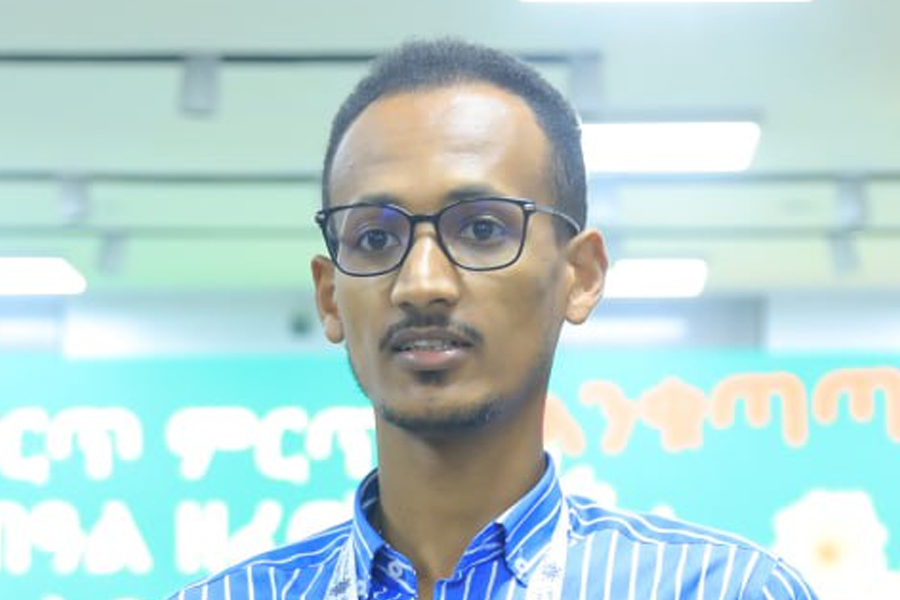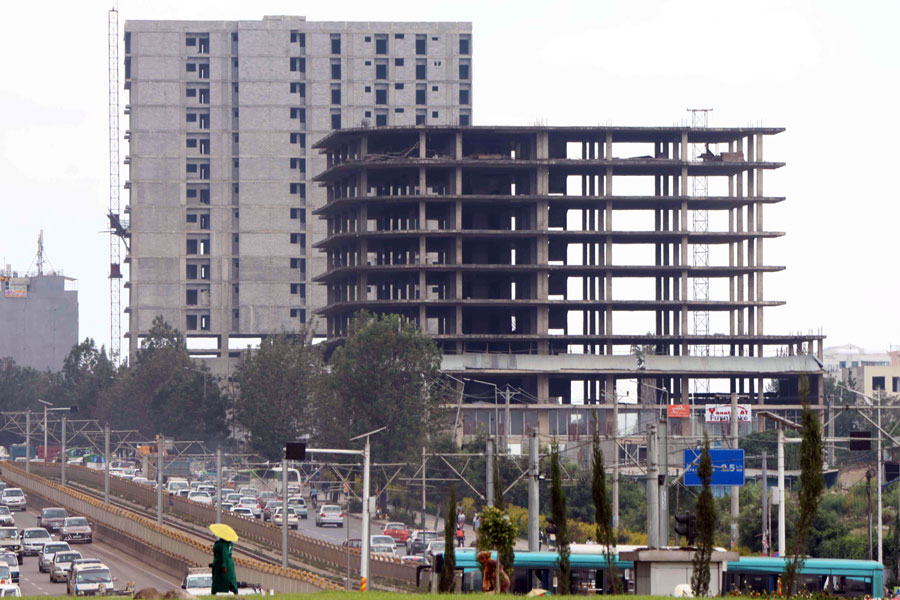
Radar | Oct 22,2022
Kassa Guchero, a farmer in Gamo Gofa zone of southern regional state, was one of the beneficiaries of a civil society organization (CSO) when he found himself in dire straits with his local Kebele administration.
Like many farmers in his area, he made his livelihood growing bananas until 2006 when he and close to 50 other farmers were told that their land was needed for investment.
The farmers did not have the financial means to hire lawyers, so they went to the Ethiopian Human Rights Council, a 27-year-old nonprofit that provides free legal assistance to indignant clients.
The Council, one of many civil society organizations operating in the country at that time, represented the farmers in court and won the case for them to keep their farmland.
For almost two decades since 1991, CSOs found the regulatory environment in Ethiopia relatively enabling. The period saw a significant increase in the number of civil society organizations operating in the country.
The 2009 Charities and Societies Proclamations, however, tightened the laws that regulated these organisations. The purported reasons the government advanced in changing the regulations were to curb growing foreign influence and to curtail CSOs from meddling in the democratic process, according to Yonas Birmeta (PhD), a lecturer at Addis Abeba University on human rights for 15 years.
It introduced three new classifications of charities and societies - Ethiopian charities, Ethiopian resident charities and international and foreign charities.
The law stated that only Ethiopian charities could engage in advocacy for human rights issues, including advocating for the rights of children, women and the disabled. It also mandated that they obtain 90pc of their funding from local sources.
Charities that received over 10pc of their funding from foreign sources were recognized as foreign charities and were prohibited from working in human rights advocacy.
The limitations were not only limited to CSOs working in human rights. The law introduced a 30pc administrative expenses cap limit and provided a new definition of administrative expenses, which charities said was too broadly interpreted. There were also limitations to the fundraising activities that can be engaged in by CSOs.
Because of the 2009 CSO Charities and Societies law, the Human Rights Council was forced to let go 80pc of its employees and close 9 of its offices.
“At the time, Ethiopian charities were not in a position to secure 90pc of their funding from local sources,” said Yonas.
Woubshet Kasawu, board member of the Human Rights Council, which laid off 80pc of its staff and closed nine of its offices after the 2009 law, agrees.
“Many Ethiopian charities, as a result, were forced to abandon working in the area of human rights,” he said. “The few that stuck to working in human rights were forced to make cutbacks for lack of funding.”
The law garnered criticism from international human rights groups as well as local activists, accusing the government of trying to weaken the role of civil societies in the political process and the protection of human rights.
The arrival of Prime Minister Abiy Ahmed (PhD) in early 2018 saw the promise of reform and opening up of the political space. Part of his reform agenda was the amendment of the 2009 Charities and Societies Proclamations, the anti-terrorism and media proclamations.
Last June, a 13-member Justice & Legal Advisory Council was formed under the Office of the Attorney General to recommend amendments to laws considered regressive and restructure democratic institutions. A working group within the Advisory Council began drafting a proposal to amend the Charities and Societies Proclamations in August 2018.
“The existing law was very controversial. We had a lot of academic research and reports showing this,” said Abdulatif Kedir, acting head of the secretariat at the Advisory Council.
One of the major issues the working group debated was whether to recommend the amendment of certain provisions or the enactment of a new proclamation.
“The law in place had fundamental definitions and core issues that had to be changed. Thus we thought a new law was better,” said Abdullatif.
After a draft was drawn up, the working group held discussions with representatives of local civil society organisations, community leaders and the media.
Civil Societies Welcome Bill, with Reservations
“Discussions were held in nine regions as well as separate talks with international non-profit organisations,” said Abdullatif.
After collecting feedback from discussions, the draft law was revised to reflect suggestions and comments submitted to the Office of the Attorney General. The draft was submitted to the Council of Ministers, where it was approved yesterday, December 22, 2018, with minor revisions and sent to parliament for a vote.
The bill has been praised for removing what was considered legal bottlenecks in the current law. Barriers to resources and funding, state interference and the lack of an appeals process over registration have been eased, according to Yonas.
For Gedion Timothewos (PhD), state minister at the Federal Attorney General’s Office, the significant changes from the current proclamation is the departure from the categorisation of civil society organisations based on a source of funding and the widening of the various income-generating activities they can engage in.
Nonetheless, some believe that the bill falls short of international principles to protect civil societies and that there is room for improvement.
To this end, 12 international and local organisations including Human Rights Watch, Article 19 and PEN International have written a joint letter to the Prime Minister warning that the draft law will restrict freedom of association in the country.
One of their concerns is over registration requirements, which would compel all civil society organisations in Ethiopia to register at the Civil Society & Organizations Agency, which is mandated to regulate and audit civil charities.
The Agency has currently registered around 3,000 civil society organizations.
In the letter, the organizations expressed that the right to form an association is a constitutional right and there should be no registration requirement. They argue the registration process should further be relaxed to a notification.
Another point the charity organisations raise is the 20pc administrative expenses cap set by the bill, which they say adversely impacts the ability of civil society organisations to independently determine the range of legitimate activities they support and prioritise. They suggest that the mandatory cap should be replaced with a non-mandatory “best practices” standard.
But the Agency counters that the definition of administrative costs in the bill can address their complaints.
“We have tried to narrowly define administrative costs and just included costs barely necessary for a civil society organisation to exist,” said Gedion.
Another inclusion into the draft is that civil society organisations have to get written permissions from the Agency to open a bank account and restrictions of foreign charities from engaging in lobbying.
However, the Advisory Council and the Attorney General’s Office point to exposure and vulnerability to illicit money transactions and shielding the political process from undue foreign influence as justifications for the limitations.
The major concern raised by the CSoS, however, has to do with the Agency itself, which is accountable to the Federal Attorney General, which they say can lead to the abuse of power.
“The agency should have been under parliament like the other democratic institutions, Ethiopian Institution of the Ombudsman and the Human Rights Commission,” said Woubshet.
With all their reservations, charity organisations still believe that the draft bill is a big leap forward.
“[The amendment to the law] shows the recognition of civil societies as a key partner in the country’s democratic development,” said Mandeep Tiwana, chief programmes officer at CIVICUS, an international nonprofit organisation.
Woubshet also believes that the bill introduces radical changes and that the Human Rights Council will return to its former role as a major human rights advocate and monitoring organisation in Ethiopia.
PUBLISHED ON
Dec 25,2018 [ VOL
19 , NO
974]

Radar | Oct 22,2022

Radar | May 21,2022

Fortune News | Jan 18,2020

Radar | Jun 11,2024

Fortune News | Nov 20,2023

Radar | Mar 02,2019

Fortune News | Sep 14,2024

Agenda | Oct 20,2024

Radar | Dec 26,2020

Fortune News | Aug 17,2025

Dec 22 , 2024 . By TIZITA SHEWAFERAW
Charged with transforming colossal state-owned enterprises into modern and competitiv...

Aug 18 , 2024 . By AKSAH ITALO
Although predictable Yonas Zerihun's job in the ride-hailing service is not immune to...

Jul 28 , 2024 . By TIZITA SHEWAFERAW
Unhabitual, perhaps too many, Samuel Gebreyohannes, 38, used to occasionally enjoy a couple of beers at breakfast. However, he recently swit...

Jul 13 , 2024 . By AKSAH ITALO
Investors who rely on tractors, trucks, and field vehicles for commuting, transporting commodities, and f...

Oct 18 , 2025
The political establishment, notably the ruling party and its top brass, has become p...

Oct 11 , 2025
Ladislas Farago, a roving Associated Press (AP) correspondent, arrived in Ethiopia in...

Oct 4 , 2025
Eyob Tekalegn (PhD) had been in the Governor's chair for only weeks when, on Septembe...

Sep 27 , 2025
Four years into an experiment with “shock therapy” in education, the national moo...